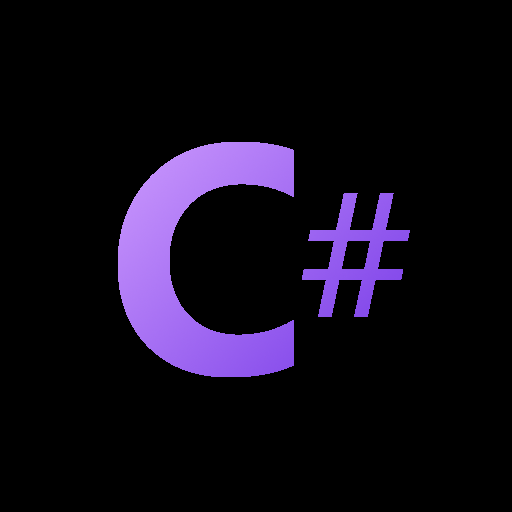Maybe also look ip a good component library, for C# I use MudBlazor, which has great documentation that helps a lot to pick the right component for the job, and a lot of the hard work is already done in terms of styles/themes.
For my apps I use the MVVM pattern and write all the backend logic first, then that helps me narrow down the right way to display it.










I have a script that runs every 5 mins that does a robocopy for each local repo to OneDrive, excluding all the git system files. I don’t really like the idea of pushing half-finished / broken code.
Rarely need to actually copy stuff back out of onedrive, but it’s good enough on the few occasions I forget to push before changing machines.